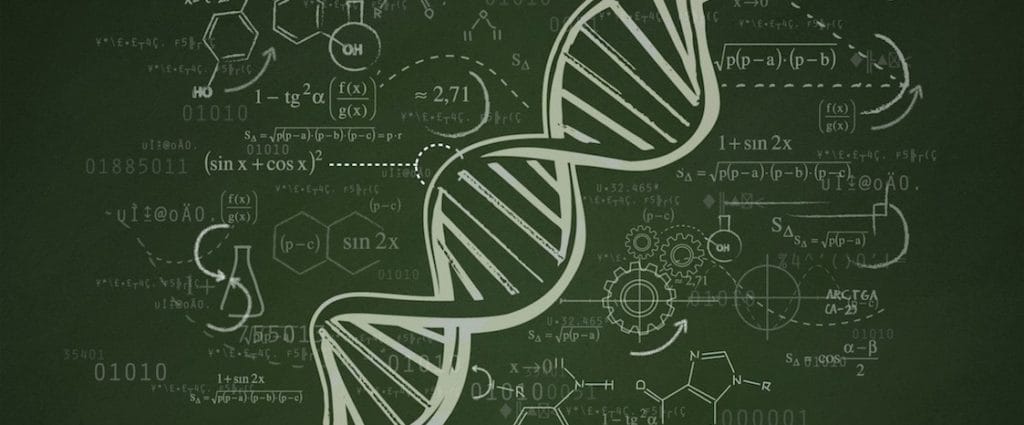Researchers and addiction specialists are well aware that genetic factors play an important role in any given person’s chances of developing a physical dependence on alcohol (i.e., alcoholism). However, the factors involved are complex, and no one fully understands all of the specific genetic combinations that can increase your risk. In a study published in July 2014 in the journal Psychiatric Genetics, a team of British researchers looked at the potential influence of a relatively common variation in a specific gene, called GRM3, on alcoholism risks. The researchers concluded that the variation in question sharply increases risk, not only for alcoholism, but also for certain forms of severe mental illness.
Alcoholism and Genetics
People affected by alcohol dependence undergo persistent changes in brain function that trigger a physical need to consume more alcohol. The longstanding lay term for this pressing need to keep drinking is alcoholism. Doctors and researchers still regularly use this term. However, since 2013, guidelines in use across the U.S. have called on doctors to officially diagnose a condition called alcohol use disorder, not alcoholism. A person with this disorder may only have the classic symptoms associated with alcohol dependence (including strong alcohol cravings and loss of control over intake levels). However, he or she may also have significant symptoms of non-dependent alcohol abuse. In addition, an individual diagnosed with alcohol use disorder may only have alcohol abuse symptoms. The most typical predictor of an individual’s risks for alcohol dependence is his or her family history for the condition. In turn, a family history of dependence likely indicates the presence of a genetic predisposition toward problems. Current evidence indicates that a host of genes help determine whether such a predisposition exists. Some of these genes increase the odds of developing dependence, while others can substantially decrease the odds. In addition, if you’re affected by alcoholism, your genetic profile can help determine how well you respond to treatment. It’s important to note that roughly 50 percent of the average person’s risks for dependence come from environmental factors that arise after birth, not genetic predisposition.
The GRM3 Gene
Researchers believe that the GRM3 gene plays its role in human health by supporting the signaling processes that keep the brain in working order. Roughly 95 percent of all people apparently have versions of the gene that serve this everyday function well and don’t cause problems. However, about 5 percent of the population has a variation of the gene that can significantly disrupt brain function. Research conducted on an international level has already linked this GRM3 gene variation to increased odds of developing the severe mental illness schizophrenia. This is the only specific genetic variation clearly linked to a spike in schizophrenia risks.
Impact on Alcoholism Risks
In the study published in Psychiatric Genetics, researchers from British institutions including University College London, the National Health Service and the National Addiction Centre used a genetic analysis of 4,971 individuals diagnosed with alcoholism, schizophrenia or bipolar disorder to assess the potential role of the noted GRM3 gene variation in increasing the risks for these diseases. For the sake of comparison, the researchers also analyzed the genes of another 1,309 people unaffected by alcoholism, schizophrenia or bipolar disorder. After completing their analyses, the researchers concluded that the people with the GRM3 gene variation experience a roughly 100 percent to 200 percent increase in their chances of eventually receiving an alcoholism (alcohol use disorder) diagnosis. They also concluded that the variation increases the chances of developing schizophrenia by essentially the same amount. Finally, the researchers concluded that the GRM3 gene variation also increases the chances of developing bipolar disorder by about 200 percent.
A Potential Key to Future Treatment
The study’s authors view their findings as an opportunity, since recognition of the role of the GRM3 variation sheds light on a previously unconsidered pathway toward alcoholism and severe mental illness. If future genetic researchers can develop a detailed understanding of how this pathway works, future pharmaceutical researchers may be able to find new or existing medications that can target the gene variation and help substantially decrease the associated risks. However, much work remains to be done. In addition, the authors emphasize the potential for the development of new medications to treat schizophrenia and bipolar disorder, not alcohol dependence.

